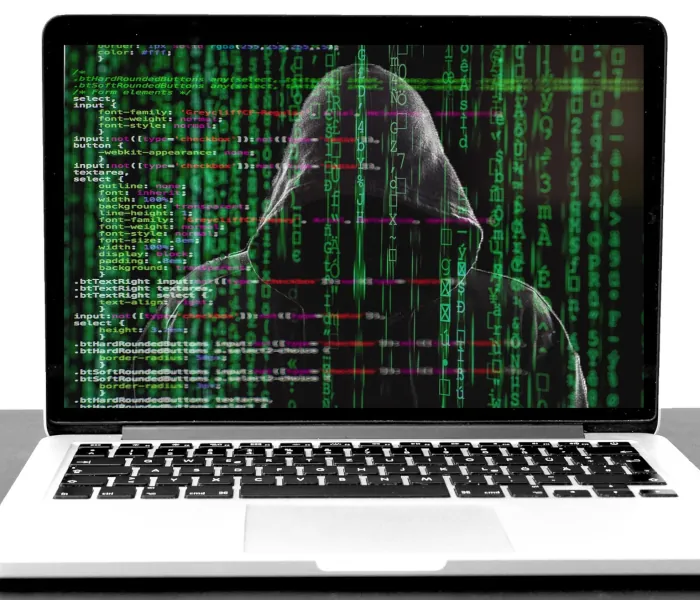Cyber threats are everywhere—email, phone calls, pop-ups, and even seemingly harmless downloads. Protecting your accounts, devices, and data is more important than ever. Here are practical steps you can take today to stay secure.
1. Strengthen Your Passwords
- Use strong passwords – At least 12 characters long, with uppercase and lowercase letters, numbers, and special characters.
- Make them unique – Never reuse the same password for different accounts—especially your email!
- Check for breaches – Visit haveibeenpwned.com to see if your email address has been exposed in a data breach. If it has, change your password immediately.
2. Keep Your Data Safe
- Back up regularly – Daily backups are ideal. Store copies offline or in a secure cloud service.
- Update your software – Allow Windows Update (and other software updates) to run automatically to patch security vulnerabilities.
3. Watch Out for Phishing Emails
- Don’t open emails from unknown senders.
- Check the sender’s actual email address—not just their display name.
- Hover over links to preview their destination before clicking.
- Never click a link and then enter your password.
- If you’re unsure, forward the email to your IT person for review.
- Scan suspicious attachments or files using VirusTotal.com.
4. Protect Your Computer
- Lock your screen when stepping away from your device.
- Beware of fake virus pop-ups – If a pop-up claims you have a virus and provides a phone number, don’t call it. Contact your IT department instead.
- Use antivirus software – For Windows, enable Windows Defender and use Malwarebytes for added protection.
5. Avoid Phone Scams
- If someone calls claiming your computer has a virus—hang up.
- Don’t trust caller ID—scammers can spoof phone numbers.
- Never give out personal information unless you have verified the caller and the company through independent research.
5. Bottom line:
Cybersecurity is all about staying alert and building good habits. If something feels suspicious—whether it’s an email, a phone call, or a pop-up—stop, think, and verify before you act.

